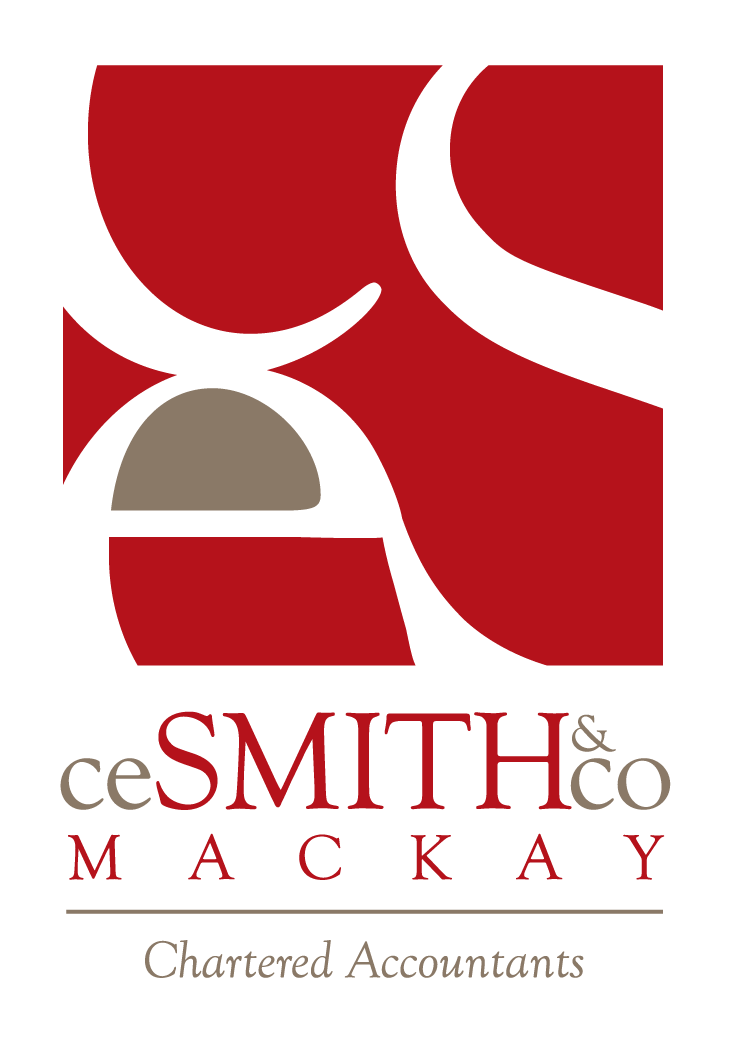Is an asset you own used in another person's business?
Did you know that if you own an asset (eg, land or a factory or even a trademark) that someone else uses in carrying on a small business then you might be entitled to the CGT small business concessions when you sell the asset?
And these concessions can either entirely or partially eliminate any capital gain you make on selling it (or at least defer it).
This can occur for example when your asset is used by, say, your spouse or a child under 18 in their own business (or one that you may be involved in also)– such as where that small commercial property you own (or own jointly with your spouse) is used by your spouse in, say, that art frame, photography or accounting business etc that he or she carries on.
Typically, this concession can also apply where an asset you own is used in say the business carried on by a family company or family trust in which you have a relevant interest – although the rules can get a bit complicated where you are only a beneficiary in that family trust.
These rules can also apply in “reverse” – so that an asset owned by family company or family trust that is used in the business carried on by a relevant shareholder or a relevant beneficiary can also qualify for the CGT small business concessions (eg, farmland).
Importantly, these rules apply whether or not you lease the asset to that other person (or entity) that carries on the business.
Interestingly, the rules can also apply in appropriate circumstances where a testamentary trust continues to carry on the business that was carried on by the deceased – although in that case it may be easier to access the concessions by having the executor or beneficiary (or surviving spouse) sell the relevant business asset within two years of the deceased’s death.
These rules that allow an asset owned by one person to qualify for the CGT small business concessions where they are used by another person (or entity) in their business are only permissible where the parties are either “affiliates” or “connected entities” of each other (as defined under the tax law). Suffice to say, whether or not persons or entities are “affiliates” or “connected entities” of each other for the purposes of the CGT small business concessions can be difficult to determine – and will depend on the exact circumstances of the relevant parties.
So, if you think you are in this situation – or propose to start a small business and intend to use assets owned by someone else in that business – speak to us first so that we can help you get the optimal CGT outcome.

